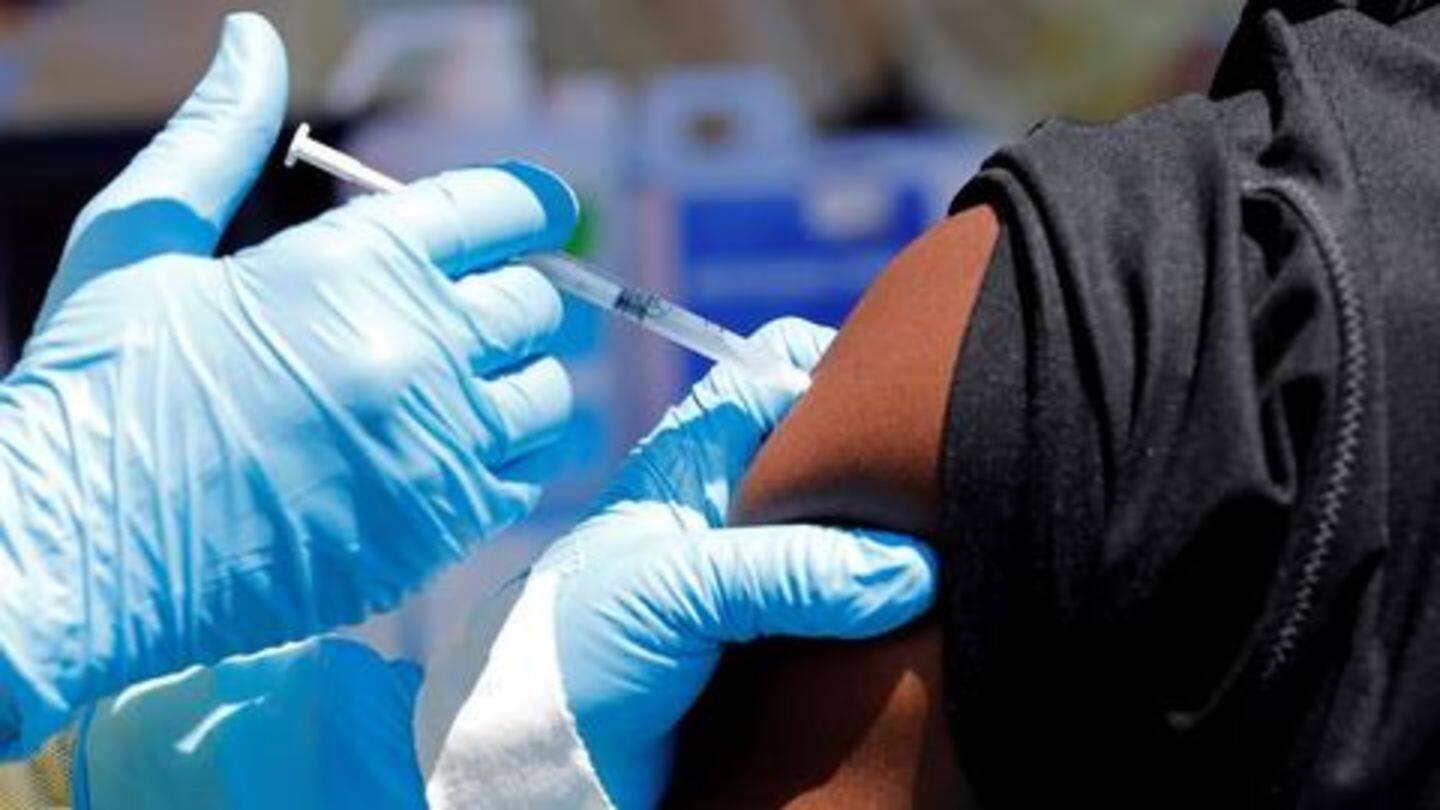
Canadian firm announces coronavirus vaccine candidate; testing possible soon
What's the story
As researchers globally race to develop a vaccine for the deadly novel coronavirus, a Canada-based biotechnology company on Thursday announced a vaccine candidate for the viral disease. The company, Medicago, said that it has developed a virus-like particle (VLP) of the novel coronavirus. The company created the VLP within just 20 days of obtaining the gene of the virus. Here are more details.
Details
Experimental vaccine could reach people by November 2021
Medicago developed its VLP using a plant-based platform instead of chicken embryos. The vaccine candidate will now undergo pre-clinical testing for safety and efficacy. Medicago CEO Bruce Clark told Global News that if the VLP gets approved by Health Canada and other agencies, it could undergo human testing by July or August. If successful there, the vaccine can reach people by November 2021.
Information
If approved, Medicago could produce 10 million doses a month
Medicago developed the VLP within 20 days of obtaining the viral gene. If they get approval, Clark said they could produce 10 million doses from their North Carolina plant within a month. At current capacity, they can create 2 million doses in a month.
Multiplication
To understand how VLP works, let's look at viral multiplication
Typically, viruses have a protein coat that encapsulates genetic information—a single-stranded RNA for the novel coronavirus SARS-CoV-2. The protein attaches itself to a living cell. Thereafter, the virus enters the cell and uses the host's cell factory to replicate its RNA and multiply. The virus then bursts out of the host cell, killing it, and moves on to attack other cells, continuing the cycle.
Vaccine's mechanism
How does the Medicago's vaccine candidate work?
The VLP in Medicago's vaccine candidate mimics proteins from the coat of the virus, albeit does not have the viral genetic material. Basically, human immune cells would bind to the VLP, mistaking it for the virus. But, no viral multiplication would take place in the absence of any genetic material. It does, however, trigger an immune response and the body starts developing antibodies.
Information
Company also working on developing antibodies against virus
Medicago is also looking to develop antibodies against the SARS-CoV-2 in collaboration with the Laval University's Infectious Disease Research Centre. Notably, the facility is headed by Dr. Gary Kobinger, who helped develop a vaccine and treatment for Ebola.
Other vaccines
Other companies also scrambling to develop vaccines
Reportedly, at least 20 other companies are working to develop vaccines against the novel coronavirus. These include America's Johnson & Johnson and France's Sanofi SA. Another US firm Moderna has announced that it will test its vaccine candidate on 45 people this month. Another company, Inovio Pharmaceuticals Inc., is working with a Chinese firm to develop a vaccine. Their trial starts next month.
Coronavirus
Coronavirus disease first detected in China's Wuhan city
Meanwhile, the coronavirus outbreak—deemed a pandemic by the World Health Organization—has spread to around 120 countries, including India. The coronavirus disease, COVID-19, first emerged in China's Wuhan city in mid-December. It is said to have spread from animals to humans at Wuhan's Huanan Seafood Market. The disease has since sickened roughly 1.5 lakh people across the globe and killed over 5,500.
Symptoms
What are the symptoms of the disease?
Since the virus impacts a host's lungs, it triggers flu-like symptoms in patients, such as fever, cough, and breathing difficulties. This makes detection harder as it gets mistaken for the more common influenza. In severe cases, the disease may lead to pneumonia, multiple organ failure, or death. It commonly affects older or sick persons or those with poor immune systems.